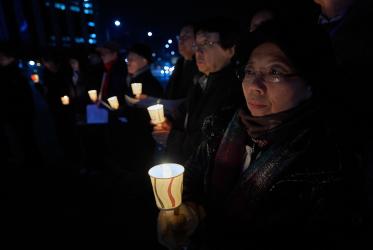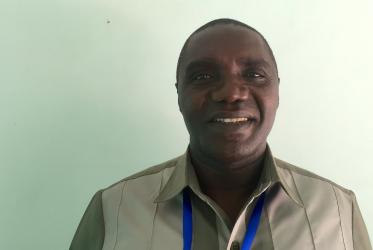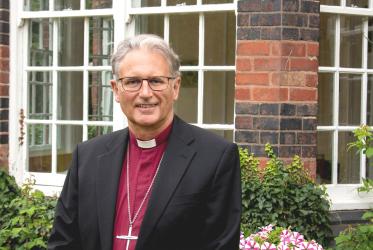Displaying 1 - 13 of 13
22 February 2024
Ellyanne Chlystun-Githae Wanjiku to COP28: “listen more to children”
13 December 2023
ACT Alliance general secretary: “equity is not negotiable”
26 September 2023
In Lebanon, “without peace there is no justice”
21 July 2021
“Coventry Cathedral continues to speak a word of hope to the world”
10 December 2020











